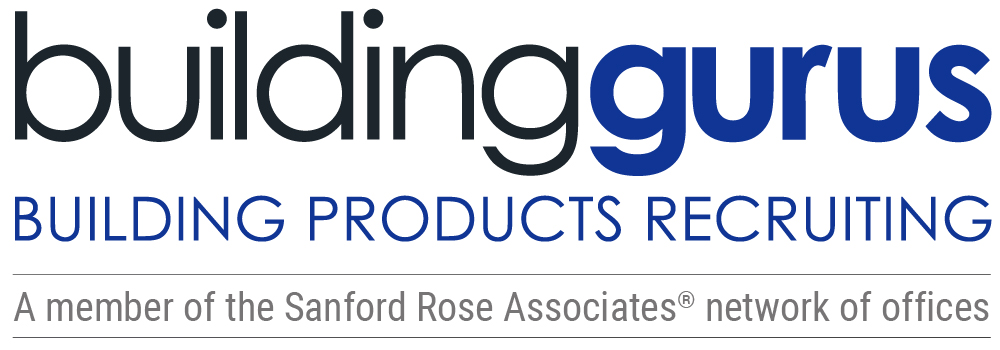When you ace an interview and are positive a job offer is coming your way, the world is your oyster. You can quickly be disappointed if the salary doesn't meet your expectations. What do you do when you feel the offer could be better?
For starters, don't decline until you fully evaluate the job offer details and take some time to think.
Next, if you are definitely pumped about the opportunity, you should try to negotiate. However, you have a few things to ponder and decide upon first.
Pre-prep
Don't start negotiations until you know for sure you genuinely want the job. This decision should actually happen before an offer is extended. By the time you conclude the interview, you should have enough information to know your interest level.
Knowing how you feel about a role is vital. A slightly better salary is not likely to turn a bad job into a good one. Making a move should improve some part of your career. Whether it is the work environment, career opportunities, recognition, etc., smart people don't move just because.
If you aren't completely in love with the new opportunity, I wouldn't even think about negotiating. It likely won't end well.
Bottom Line
Your bottom line is the lowest salary you would be willing to work for. If you think “I won’t take a role for less than $120,000”, you know your bottom line. If you really want $120,000 but would consider $115,000, or maybe even $110,000, then you haven’t established the absolute lowest acceptable salary.
Knowing your bottom line allows you to avoid awkward bargaining sessions. Have a hard line and be prepared to walk away if you don’t get what you desire.
One word of caution – make sure your bottom line isn’t outrageous and you can back it up with past performance and future possibility.
Obviously, if a company offers you a salary higher than your bottom line, that’s great news! If they offer you less, you have two options: You can turn down their offer, or you can negotiate.
Don't Settle – Do The Numbers
Before you think about accepting something lower than you want, take some time to run the numbers.
First, itemize any financial losses that might occur if you were to accept. It could be just the salary difference but think about everything. Maybe you will have more travel time, lose a company car or reimbursement or have more out of pocket expenses. Don’t talk yourself into a loss unless you are guaranteed the opportunity and future possibilities will make up for it. You’ll be sad you settled if you don’t stick to your guns.
On the other hand, your pay rate isn't the full story.
Other Factors
It is too easy to focus just on the money, but there are several other things to consider, including:
Job title
Review periods
Work schedule
Vacation and PTO
Opportunities for promotion
Reimbursements and benefits
Bonus or incentive potential
Intangibles: career opportunities, company renown, etc.
In addition, evaluate the company’s business model. Try to familiarize yourself with the financial background, history, and of course, company culture.
How To Successfully Negotiate
Personally, I advise against back and forth negotiation where you counter an offer and they counter again. Repeated countering is fine in real estate or used car sales, but salary negotiations should be more straightforward.
If you really want the role, tell the employer you are incredibly interested, but the offer as it stands isn't something you can accept. Let them know your bottom line and that meeting or exceeding it is the only counter you will accept. They can either match it or walk away from the table. You’ll save everyone time and you don’t get into a protracted haggling session.
Yes, this is difficult and maybe you are thinking a little bit crazy. But, if you know your worth and bottom line you can walk away happily. When you have evaluated everything and know your number, you won't be labeled as indecisive, or accused of trying to negotiate a salary in bad faith.
The more thorough you are in quantifying your acceptance requirements, the easier it will be for you to set a realistic bottom line, and the less stressful the whole process will be.










